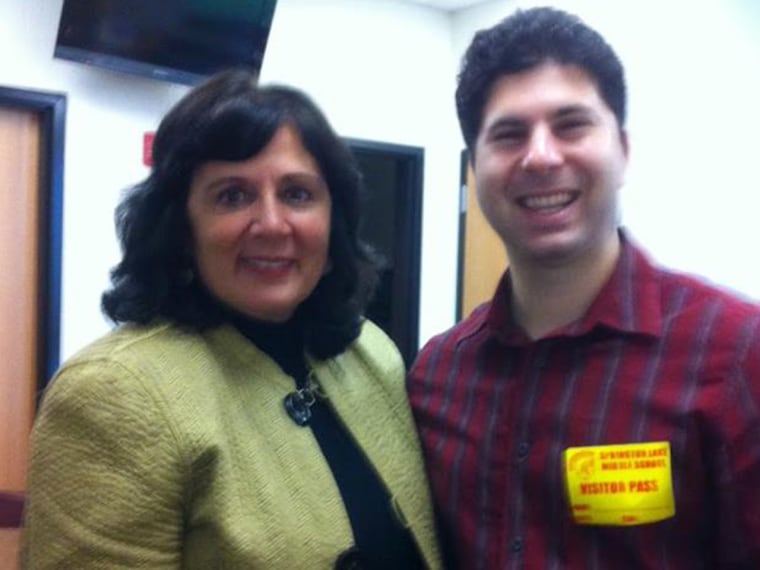By the time Scott Barry Kaufman was 3 years old, he’d had 21 ear infections and was diagnosed with an auditory processing disorder that made it nearly impossible for him to understand words in real time. The hearing lag, he explains, “made me appear really slow in any classroom type environment.”
At 9, when he was given an IQ test, he had trouble catching what the test administrator was saying. As a result, Kaufman was held back in the third grade and relegated, for the rest of elementary school, to special education, or the “resource room” as he calls it, in his new book, Ungifted: Intelligence Redefined, which examines the severe limitations of the conventional metrics we use to measure student intelligence— like the IQ test and the SAT.

Kaufman warns parents and educators about the dangers of labeling kids early on as either “ungifted” or “gifted and talented”— and creating a self-fulfilling prophecy for students that can follow them into adulthood. He says the latter group can feel enormous fear about losing the label, and avoid seeking new skills and react unhealthily to minor setbacks.
Luckily for Kaufman, everything changed one day in the ninth grade. A young special education teacher, Joyce Jeuell, who was helping in his class, took him aside and asked why he was still in the “resource room”.
“It was pretty amazing,” recalls Kaufman, “and everything just accelerated rapidly from there. Because this one teacher saw beyond the label of a ‘special ed kid,’ she empowered me to question the experts’ opinion of my intelligence.”
Today, at 34, Kaufman is a psychology professor at New York University, with a Ph.D. in cognitive psychology from Yale and a blog “Beautiful Minds” on Scientific American. After that fateful encounter with Juell freshman year, he says, he went on to earn straight A’s in regular high school classes, where he’d been getting C’s and D’s in his special education ones.
But why wouldn’t Kaufman have performed better in his special education classes if, clearly, he was so capable of it?
The answer may lie in something called the “expectancy effect.” According to Kaufman, educational research shows that pigeonholing students can actually create outcomes, so that children placed in special education or called “ungifted” can become much less motivated than their peers—because they internalize the label and eventually believe that they aren’t intelligent. He illustrates in his book how studies have also shown that teachers treat students differently based on their “status,” are more respectful of “regular” kids than the “ungifted,” and have higher expectations for “talented” children, creating a kind of intelligence feedback loop.
Jessica Lahey, an English and Latin middle school teacher in Lyme, N.H., who writes about education for the New York Times, says that she believes even one positive interaction— like the one Kaufman had with Juell— can reorient a student’s frame of mind.
She recounts the story of a boy who was “really disruptive” and “drove her nuts” in the classroom. He really was on the verge of failing, Lahey says, and she realized she had to try something different— and come up with a way to have at least one positive interaction with the “problem student.”
Instead of chastising him for his poor behavior and lackluster academic performance, she came up with one seemingly small compliment— a deliberate step to change their dynamic— and six months later, his grade and attitude were completely different.
Students pushed into less competitive tracks or special education, aren’t potentially only held back by their own sense of identity and their teachers’ expectations, it can also affect how they do on the SAT, experts say.
“The SAT is absolutely not an intelligence test. It’s entirely based on coursework,” says Leslie Sepuka, a spokesperson for The College Board, the non-profit organization that administers the SAT.
The best way to prepare for the SAT, she explains is to take challenging courses in high school. According to Sepuka, SAT takers in the class of 2012 who reported taking The College Board’s “core curriculum” scored 144 points higher, on average, than those who did not.
Because of some students like Kaufman's more limited coursework, they’re already taking the SAT with one hand tied behind their back too, likely garnering them lower scores, and college rejections— all reinforcing the label they may have acquired a decade earlier.